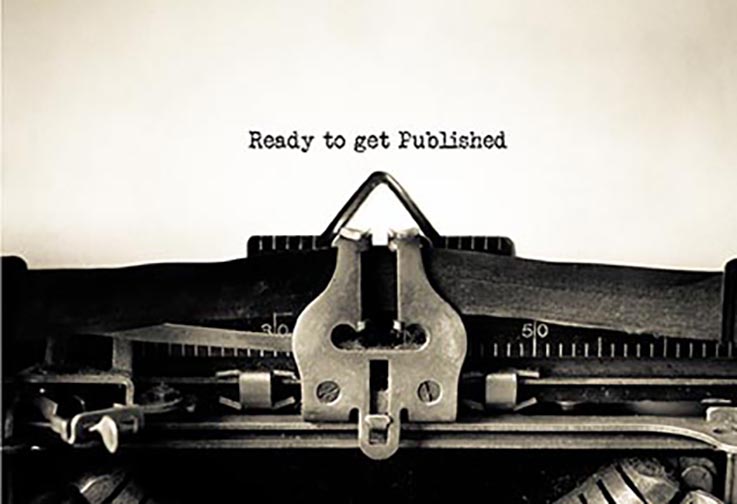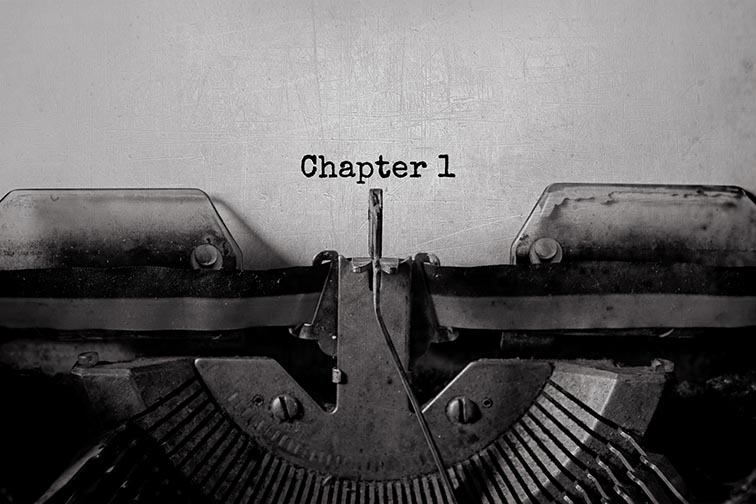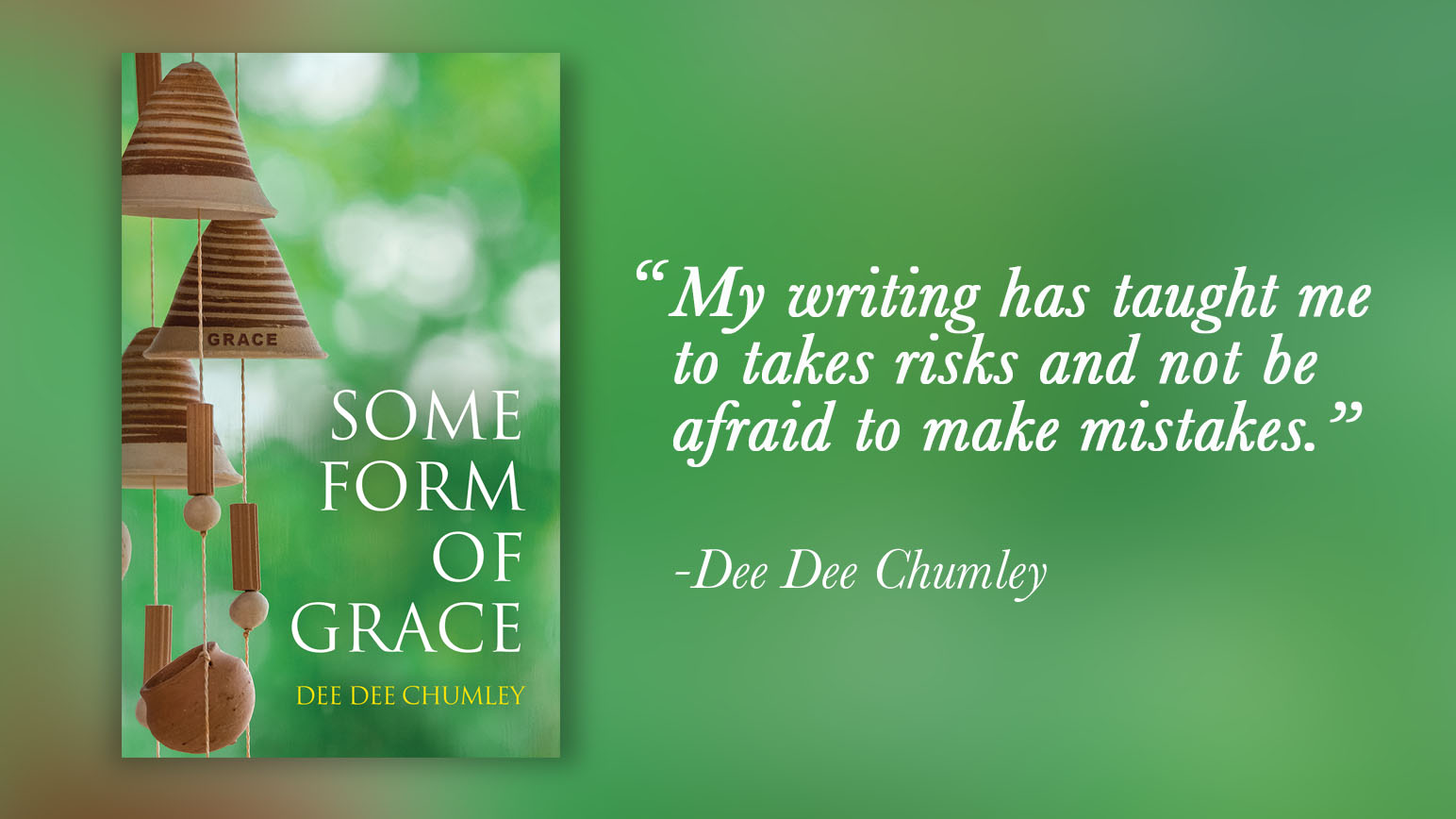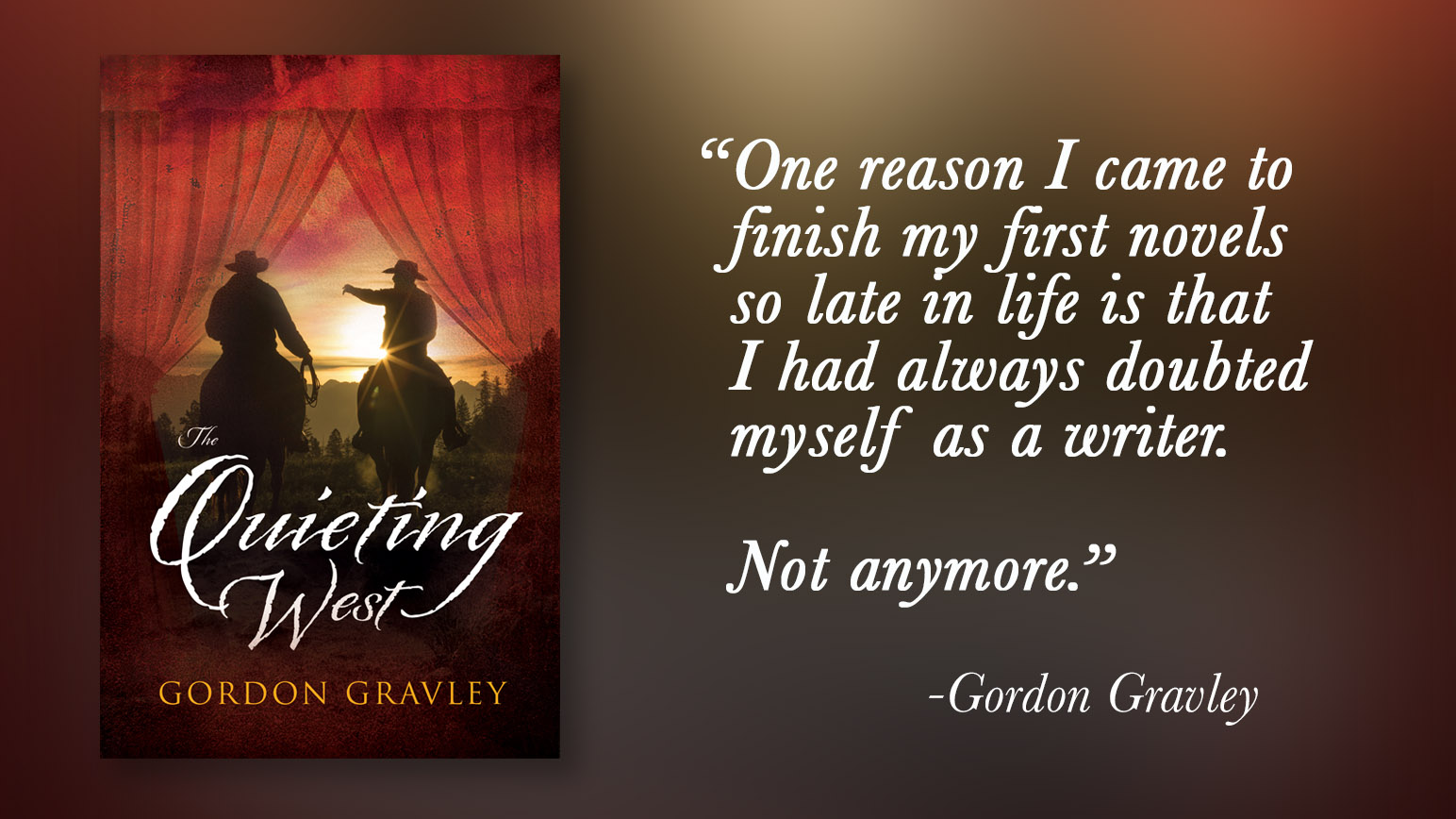Whether you’re about to dip your toe into the self-publishing waters, or are an experienced writer, you’ll probably know that there are no quick fixes when it comes to self-publishing, or anything else in life that’s worthwhile, if we’re honest.
You won’t find a ‘silver bullet’ solution here, but you will find some sound advice on how to succeed as a self-published author.

Here are some of the cold, hard truths about self-publishing.
Read More…








